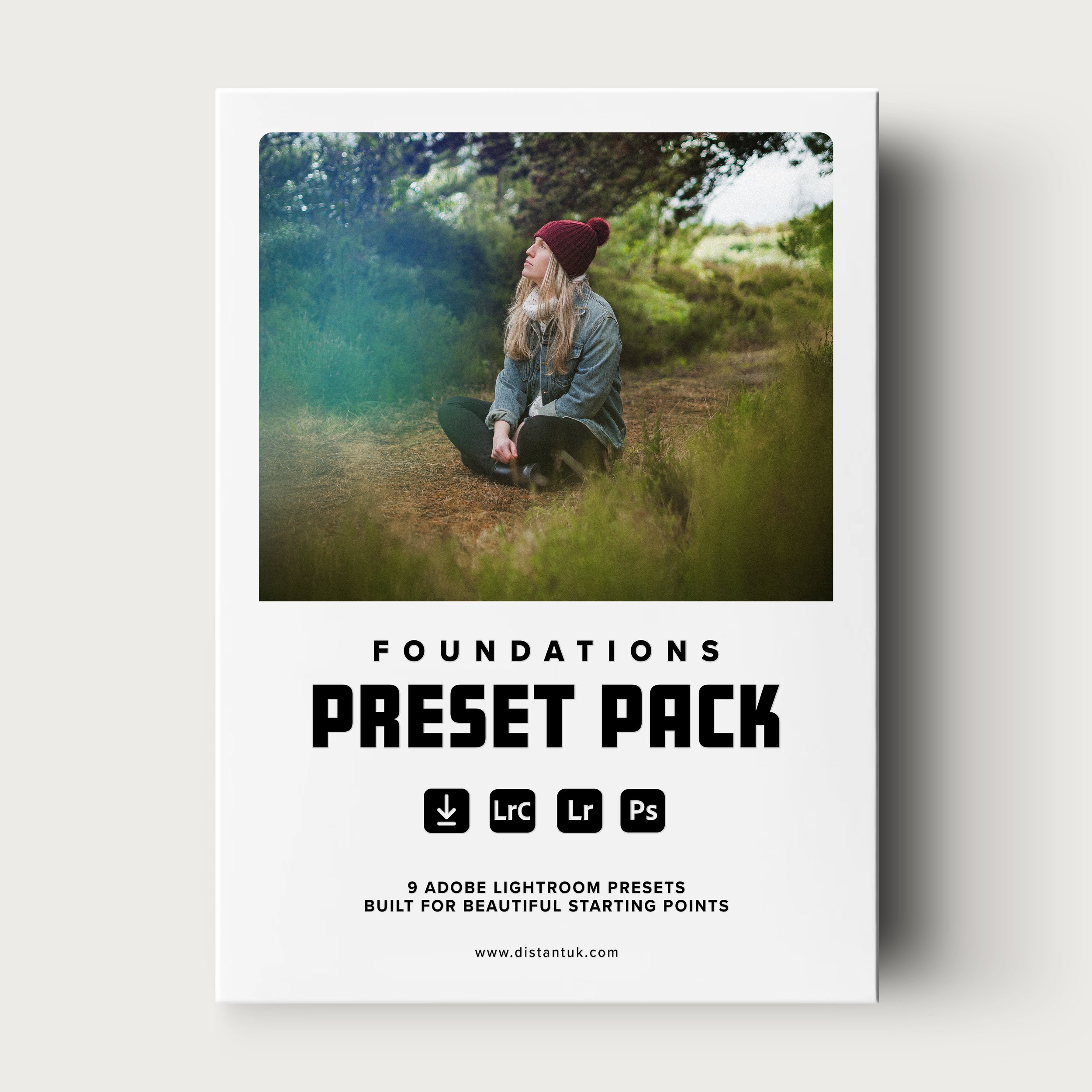The Photography Plateau: Why Our Progress Feels Slow
Do you remember that initial rush when you first picked up a camera? Every week, every month, your photos seemed to leap forward in quality. That early progress is incredibly encouraging, a thrilling validation of your efforts. I certainly remember that buzz; photos I took at the end of my first year were 100 times better than the first few months' haul, which kept me wide-eyed and motivated.
But as many of us experience, that rapid improvement inevitably tapers off. Suddenly, the exciting leaps feel like tiny steps, or even worse, come to a complete standstill. Your images might still be decent, but that surprise and excitement diminish. That plateau can be deeply disheartening, and if you're anything like me, it might even lead to you reaching for your camera less, becoming more casual with your efforts, slowing down, and even sometimes quitting.
I have said many times over on my YouTube channel that my biggest regret was somewhat graduating from beginner status but then slowing right down, feeling as if there was little left to learn. When it’s very much the opposite, a bit like passing your driving test – the test gives you the ability to hit the open road on your own, but in no way sets you up for the sheer terror of parallel parking on a cobbled hill during rush hour, while a flock of particularly judgmental seagulls watches your every move.
Thankfully, I never fully quit photography despite long periods of inaction. The real turning point for me came with a simple realisation: the drop in progress is normal. We can't expect to maintain that beginner's rocket-fuelled progression forever. The learning curve naturally slows down because once you've grasped the fundamentals, you're faced with the much more intricate and often subjective aspects of photography.
Think of it like hitting the gym. In those first few months of training, a new weightlifter will see dramatic gains in muscle mass, more than they’ll ever be able to make again in such a short window because it’s a stimulus their body is new to and has to adapt quickly for. But that initial growth doesn't continue at the same rate. To continue seeing progress, the lifter needs to start working harder, training more consistently, start introducing new challenges to their routine, and growth is seen after a much longer window of time rather than weekly.
Photography is strikingly similar (or I suppose any hobby may be). Once that initial wave of knowledge washes over you, improvements become more subtle. They require consistent practice, small, deliberate tweaks here and there, and often only become apparent when you look back over a longer period or experience a sudden "aha!" moment as a result of the repetitions you have put in.
You'll likely experience peaks and troughs – periods where things suddenly click and your work takes a noticeable leap forward, followed by stretches where improvement feels frustratingly slow. But the key is to keep going. As long as you maintain your practice and continue to explore new avenues, you will continue to improve, even if it’s not hitting you slap bang in the face like it does when you discover long exposures for the first time.
In my personal experience, one of the most effective ways to kickstart a new phase of growth is to deliberately step back into the unknown by trying something completely new. Pick up a different genre, experiment with a technique you've never tried, or even dust off that old piece of equipment you've been neglecting. Sometimes even half a day of doing something new is enough for me to collate some new ideas and approaches.
But failing that, it might just be something small you notice, pick up on, or resonate with when you do try something new, that adds another stone down for you to step on.




